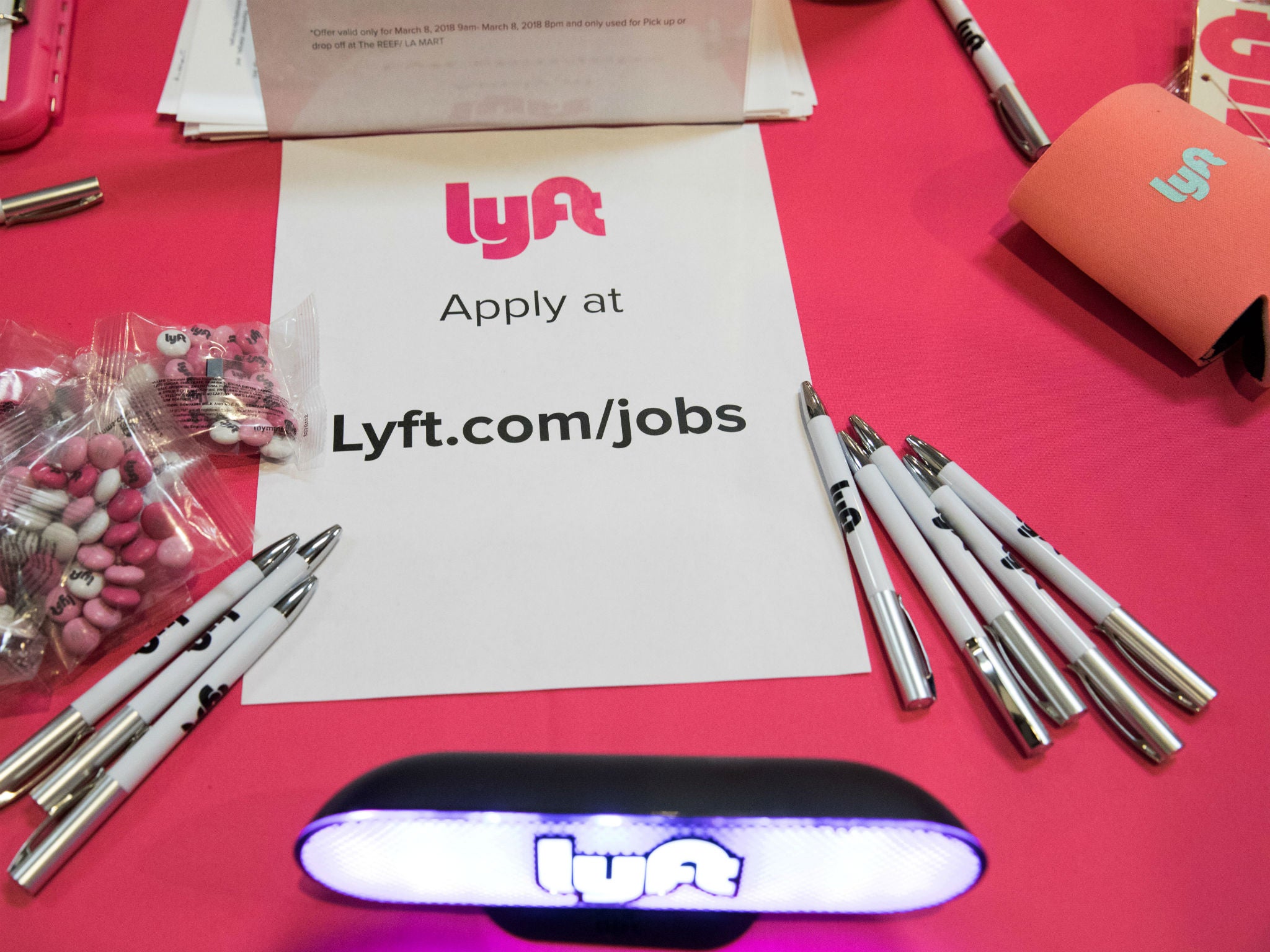We're overdue a global recession — and Lyft and its unicorn friends are nudging us closer every day
When the company went on an investor roadshow to drum up support for its IPO, it didn't seem to have to do much drumming at all. In several meetings there was standing room only

Whatever your thoughts on ride-sharing companies, the tech sector in general or, indeed, the broader economy, you can’t accuse Uber rival Lyft of being short on ambition.
This morning the company celebrated its stock market debut in New York, having successfully flogged shares to delighted investors who had been starved of the opportunity to buy into a tech-flavoured stock market newbie for some time.
The sale values Lyft — which many outside of North America have never even heard of — at over $24 billion. In fact, the initial public offering was the largest in the sector since the mammoth bourse debut of Alibaba back in 2014, and the fifth largest since the financial crisis.
Tech is lit. And all the better if it’s helping us save the planet. Lyft is growing at an impressive rate. Its revenue more than doubled between 2017 and 2018, and more than 18 million people hitched at least one ride with the company during the last quarter of last year, which was up from just over 6.5 million during the same period in 2016.
Depending on who you believe, Lyft has between a 30 and 40 per cent share of the US ride-sharing market, which is respectable when you consider Uber's dominance, but this is where we start to run into problems already, and even the company itself doesn't seem to be trying hard to reassure us.
“We believe that much of the growth in our rider base and the number of drivers on our platform is attributable to our paid marketing initiatives”. To my mind, this means: we're spending a shedload of cash to make us look good.
Speaking of a shedload of cash, that's approximately how much Lyft is still losing on an annual basis. In 2018 the number was $911m, to be precise, up from $688m the year before.
And yet, somehow, none of that seems to matter. When the company went on an investor roadshow to drum up support for its IPO, it didn't seem to have to do much drumming at all. In several meetings there was standing room only and one financial analyst publicly recommended buying shares in Lyft weeks before they were even available to buy.
All the while, a considerable number of highly educated individuals were reminding us that Lyft has no clear strategy on how it intends to ever make any money. The company's been accused of poor governance and championing a corporate structure that deprives shareholders of voting rights. Basic business management textbooks teach us that these are two factors that should send investors running for the hills, but theory seems to have been rendered irrelevant some time ago.
Back in the 1990s, shortly before the dot-com bust, Federal Reserve Chairman Alan Greenspan used the phrase "irrational exuberance" to warn that the stock market, and more specifically tech companies, might be perilously overvalued. I'd be keen to ask Alan what his thoughts are now.
And it's not only Lyft. Analysts are expecting its stock market debut to kick off a whole host of other public tech listings, most notably Uber, but also Pinterest, Slack and possibly Airbnb. One common denominator is that all of these businesses were founded within the last decade. Another is that none has ever made a profit.
A record-breaking 83 per cent of all companies that listed in the US during the first nine months of 2018 were loss-making in the year immediately prior to going public. And yet investment by US venture capitalists reached an all-time high of $130 billion in 2018.
The market is buying little more than an optimistic forecast based on the prospect of all the stars aligning and the bull market surviving far beyond the decade it's already clocked up. Oh, and do you know when the last record was set for money-losing IPOs? 2000. And we all know what happened next.
Perhaps our generation's short-attention span and a millennial propensity to be attracted to shiny new things is to blame. Maybe an appetite for what in some cases may prove little more than hot air and numbers on a page is being spurred by a fawning financial press.
Either way, we're in for a hard landing.
It’s my belief that many of these companies have completely unsubstantiated business models — and I can't help but think of the firms in the late 90s and early 00s that went from IPO to bankruptcy in a matter of a few painful years, if not less.
We're overdue a recession and we're on the hunt for an excuse to sell. Lyft isn't systemic enough to break the camel's back but together with a herd of its unicorn peers it could certainly do a fair bit of damage. Even if Alan's not repeating himself just yet, history famously always does.

Join our commenting forum
Join thought-provoking conversations, follow other Independent readers and see their replies